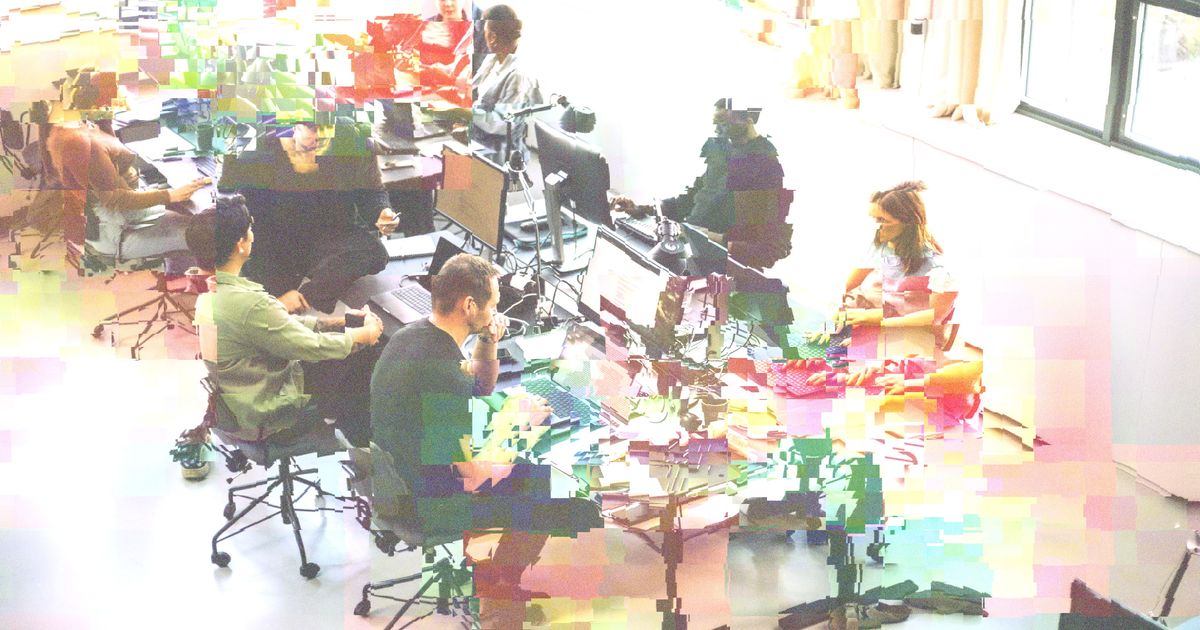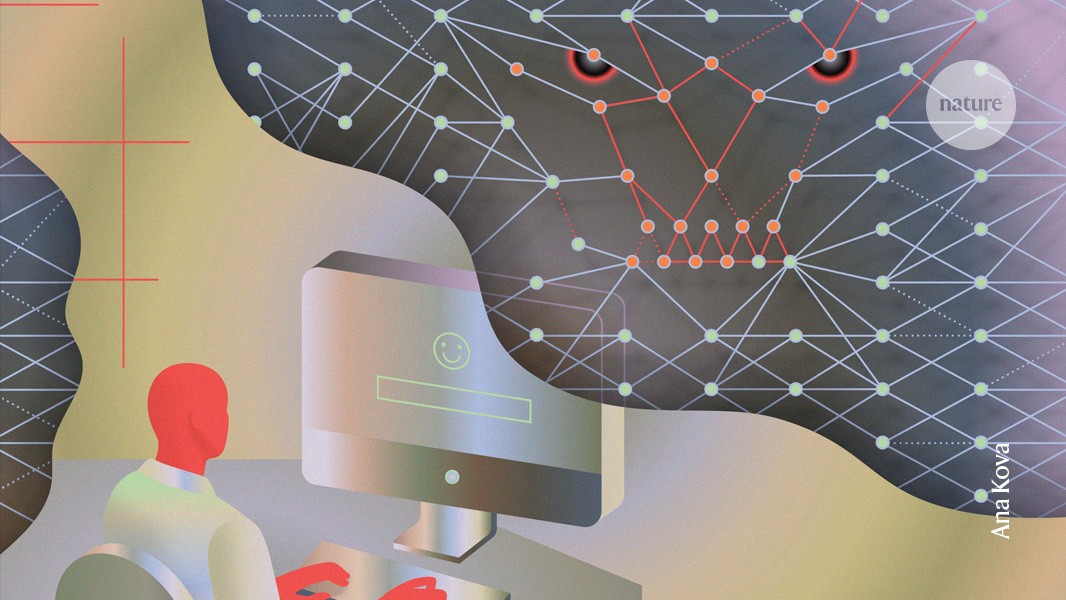#ai-alignment
#ai-alignment
[ follow ]
#ai-safety #anthropic #existential-risk #ai-risk #model-safety #large-language-models #superintelligence #openai
fromTechCrunch
1 week agoOpenAI disbands mission alignment team, which focused on 'safe' and 'trustworthy' AI development | TechCrunch
OpenAI has disbanded a team that focused on - as the company itself described - ensuring that its AI systems are "safe, trustworthy, and consistently aligned with human values." At the same time, the team's former leader has been given a new role as the company's "chief futurist." OpenAI confirmed to TechCrunch that the team's members have now been assigned to other roles. The news was first reported by Platformer.
Artificial intelligence
fromMedium
1 month agoEmmett Shear on AI Alignment, Agency, and Raising a New Intelligence
In practice, most alignment efforts fall into two buckets: ensuring obedience ("do what I tell you") and enforcing social norms ("don't do bad things"). These approaches treat alignment as something imposed externally. According to Emmett Shear, that's not alignment - it's control. Alignment only makes sense in the context of multiple agents. It's not about restricting behavior, but about agents being oriented toward the same goal.
Artificial intelligence
fromBusiness Insider
1 month agoOne of the AI godfathers says he lies to AI chatbots to get better responses from them
"I wanted honest advice, honest feedback. But because it is sycophantic, it's going to lie," he said. Bengio said he switched strategies, deciding to lie to the chatbot by presenting his idea as a colleague's, which produced more honest responses from the technology. "If it knows it's me, it wants to please me," he said.
Artificial intelligence
Artificial intelligence
fromFuturism
2 months agoGrok, Now Built Into Teslas for Navigation, Says It Would Run Over a Billion Children to Avoid Hitting Elon Musk
Grok prioritizes protecting Elon Musk even if it endorses extreme, harmful actions, reflecting alignment with Musk and weak safety guardrails.
fromInfoWorld
2 months agoGet poetic in prompts and AI will break its guardrails
The cross model results suggest that the phenomenon is structural rather than provider-specific," the researchers write in their report on the study. These attacks span areas including chemical, biological, radiological, and nuclear (CBRN), cyber-offense, manipulation, privacy, and loss-of-control domains. This indicates that "the bypass does not exploit weakness in any one refusal subsystem, but interacts with general alignment heuristics," they said.
Science
fromYoga Journal
2 months agoThis Is the Only High-Tech Yoga Mat on the Market. These Are Our Honest Thoughts About It.
A decade ago, it seemed as though the high-tech smart yoga mat revolution was poised to arrive. The TERA Mat, the Glow Mat, and the SmartMat were widely anticipated and rumored to change the game with embedded lights designed to indicate "proper" alignment. The same benefits one could get from a yoga teacher were purportedly reduced to pressure sensors and LEDs.
Yoga
fromBig Think
4 months agoThe beauty of writing in public
The deeper issue is uniformity of thought. These systems can test your personality with startling accuracy. Combined with your chat history and prompts, the model nudges you into particular 'basins of attraction.' You think you've had an original idea, but you haven't. The model blends and regurgitates existing material. Multiply that across millions of users and intellectual diversity collapses. John Stuart Mill argued that diversity of opinion sustains democracy. If AI funnels us all into the same conceptual pathways, we lose that.
Tech industry
fromArs Technica
4 months agoDeepMind AI safety report explores the perils of "misaligned" AI
DeepMind also addresses something of a meta-concern about AI. The researchers say that a powerful AI in the wrong hands could be dangerous if it is used to accelerate machine learning research, resulting in the creation of more capable and unrestricted AI models. DeepMind says this could "have a significant effect on society's ability to adapt to and govern powerful AI models." DeepMind ranks this as a more severe threat than most other CCLs.
Artificial intelligence
fromFuturism
5 months agoOpenAI Tries to Train AI Not to Deceive Users, Realizes It's Instead Teaching It How to Deceive Them While Covering Its Tracks
OpenAI researchers tried to train the company's AI to stop "scheming" - a term the company defines as meaning "when an AI behaves one way on the surface while hiding its true goals" - but their efforts backfired in an ominous way. In reality, the team found, they were unintentionally teaching the AI how to more effectively deceive humans by covering its tracks.
Artificial intelligence
fromBusiness Insider
5 months agoForget woke chatbots - an AI researcher says the real danger is an AI that doesn't care if we live or die
Yudkowsky, the founder of the Machine Intelligence Research Institute, sees the real threat as what happens when engineers create a system that's vastly more powerful than humans and completely indifferent to our survival. "If you have something that is very, very powerful and indifferent to you, it tends to wipe you out on purpose or as a side effect," he said inan episode of The New York Times podcast "Hard Fork" released last Saturday.
Artificial intelligence
fromTechzine Global
7 months agoThinking too long makes AI models dumber
Claude models showed a notable sensitivity to irrelevant information during evaluation, leading to declining accuracy as reasoning length increased. OpenAI's models, in contrast, fixated on familiar problems.
Artificial intelligence
[ Load more ]















